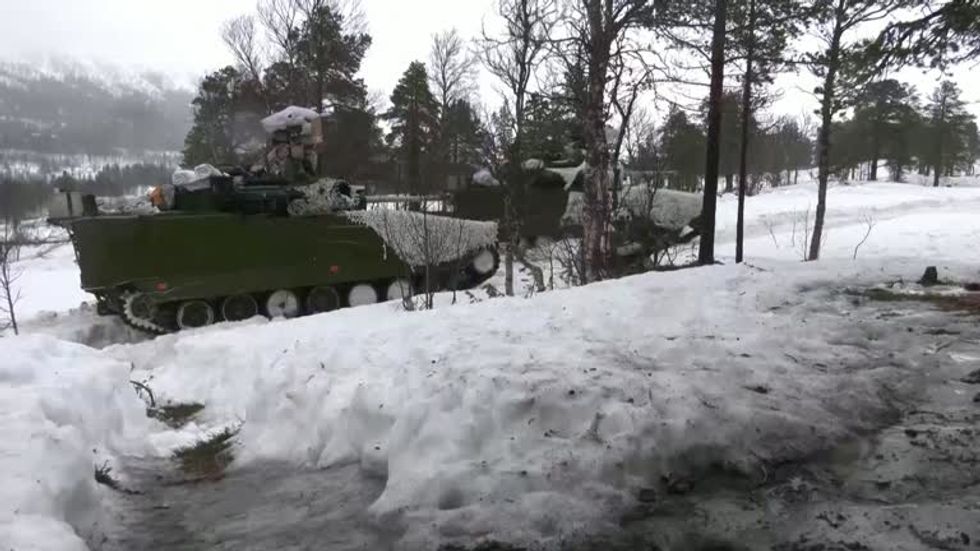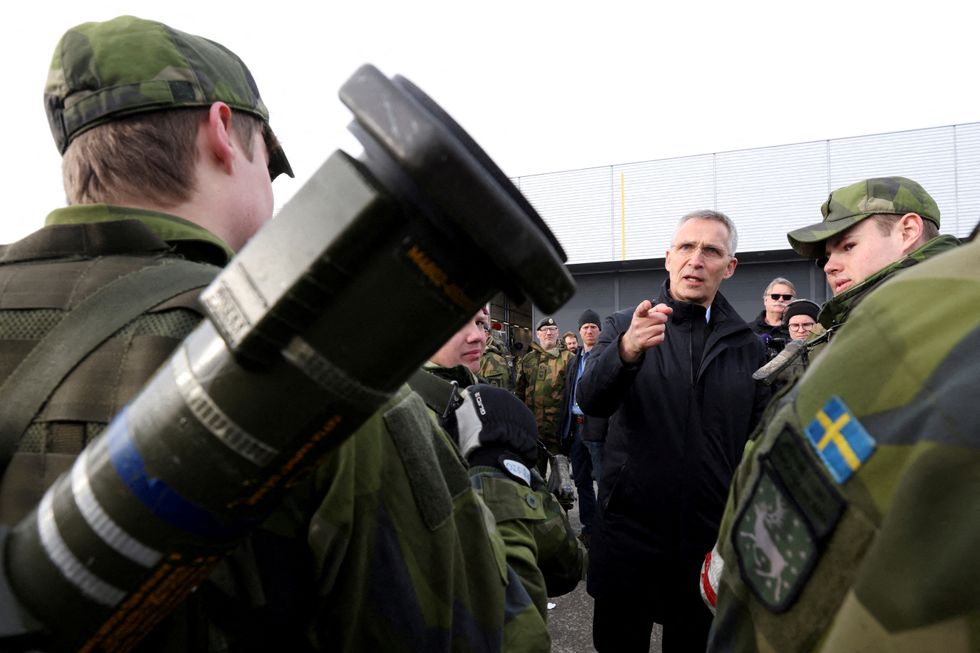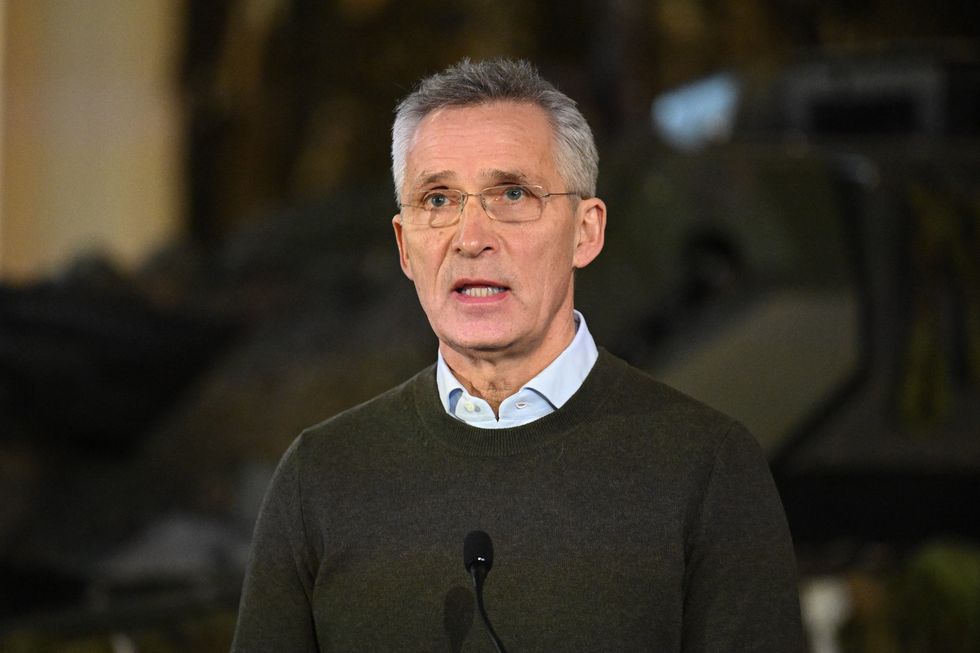NATO builds military presence in ARCTIC in response to ‘massive’ Russian dominance - Hypersonic missile threat revealed

NATO is building their military presence in the Arctic in response to “mass” Russian dominance | Reuters
NATO allies and Russia have scaled up military exercises in the region but the West still trails behind
Don't Miss
Most Read
Latest
NATO is building their military presence in the Arctic in response to “mass” Russian dominance.
In January, one of two fibre-optic cables on the Arctic seabed connecting the Svalbard archipelago off Norway to the mainland was severed. Norway was forced to rely on a back-up link.
In April 2021, another cable – one used by a Norwegian research laboratory to monitor activity on the Arctic seafloor – was ripped away.
"This could have happened by accident," Norway's defence chief Eirik Kristoffersen said in response to the ruptures, which received little media coverage outside Norway. "But the Russians are capable of cutting cables."
Jens Stoltenberg gestures as he meets Swedish troops
YVES HERMAN
He was speaking generally and did not offer any evidence to suggest deliberate damage, but months later, in September, saboteurs caused major leaks to suddenly erupt in gas pipelines from Russia to Europe on the floor of the Baltic Sea.
Over recent years, NATO allies and Russia have scaled up military exercises in the region; Chinese and Russian warships conducted a joint exercise in the Bering Sea in September. Norway raised its military alert level in October.
But the West trails Russia in military presence.
Since 2005, Russia has reopened tens of Arctic Soviet-era military bases, modernised its navy, and developed new hypersonic missiles designed to evade US sensors and defences.
But NATO chief Jens Stoltenberg said: "NATO is increasing its presence in the Arctic with more modern capabilities,"
"This is of course a response to what Russia is doing. They have significantly increased their presence ... and therefore we also need greater presence."
Jens Stoltenberg
Leon Neal
But Arctic experts say it will take the West at least 10 years to catch up with Russia's military in the region, if it chose to do so.
"The Arctic is currently a dark area on the map," said Ketil Olsen, formerly Norway's military representative in NATO and the European Union, who heads Andoeya Space, a Norwegian state-controlled company that tests new military and surveillance technologies and launches research rockets.
"It's so vast and with few civilian surveillance resources."












